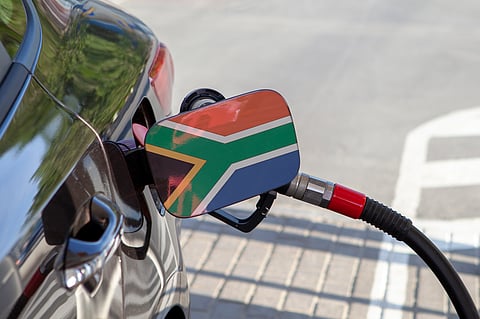

Africa’s natural gas consumption is projected to rise by four per cent in 2025, driven by industrialisation, power sector demand, and expanding LNG infrastructure in key markets like South Africa, according to a recent report by the Gas Exporting Countries Forum (GECF).
The intergovernmental organisation noted that the continent’s gas consumption already grew by three per cent year-on-year in 2024, reaching 183 billion cubic meters (bcm), fueled by gas-to-power projects in Algeria, Egypt and Nigeria.
These nations are increasingly relying on gas-fired generation to meet electricity needs and support industrial growth.
Published on April 14, 2025, the GECF’s Annual Gas Market Report (AGMR) provides a detailed analysis of global gas market trends in 2024 and short-term forecasts.
The report highlights a stark decline in Africa’s gas production last year, which fell by 5.6 per cent to 255 bcm — the largest drop among major producing regions. This slump was led by reduced output in North Africa, though modest supply growth in Sub-Saharan countries like Nigeria and Mozambique partially offset the downturn.
However, the outlook for 2025 appears brighter, with new entrants such as Mauritania and Senegal expected to bolster Africa’s gas production. The continent already accounts for 40 per cent of global oil and gas discoveries, thanks to successful offshore exploration in Namibia and Côte d’Ivoire.
As African nations work to enhance energy security and transition away from coal and oil, natural gas remains a critical component of the energy mix.
To meet rising demand, countries including South Africa and Ghana are investing in LNG import terminals and pipeline networks. These projects aim to support industrial and power generation needs while complementing renewable energy expansion. Gas is increasingly seen as a stabilising force for grids during periods of low renewable output.
Despite these efforts, significant hurdles persist, particularly in Sub-Saharan Africa. Inadequate infrastructure, tensions between domestic gas use and export commitments, limited energy access in rural areas, and financing shortages for gas projects continue to impede progress.
The GECF emphasises that addressing these challenges will require coordinated policy reforms, investment, and infrastructure development to unlock the region’s gas potential.